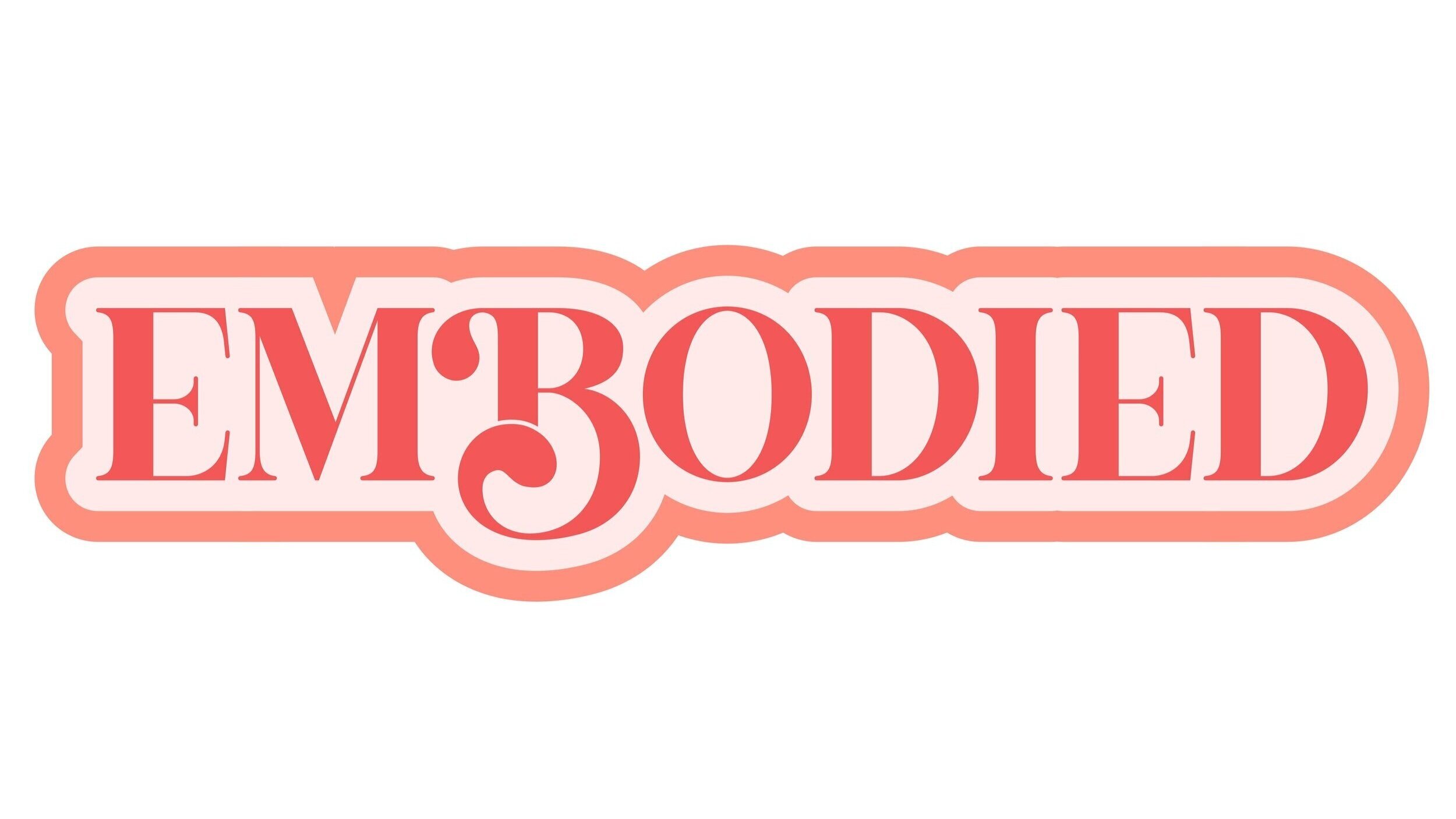a seat at the table
by priscilla bajomo
It’s been a rough year. Syria, Zika, Trump, Brexit, Prince, Bowie, and Cohen. The list goes on and on. We’ve buried 242 black men at the hands of the police this year, and the number will only increase. On the other hand, we’ve also seen a rise of unapologetically black art providing a stark soundtrack to these tough times. From Beyonce’s Lemonade to A Tribe Called Quest’s We got it from Here... Thank You 4 Your Service, Solange’s A Seat of The Table is perhaps the most profound of them all.
A Seat At The Table’s impeccably timely release shines in its ability to document the struggle of women, specifically black women, in predominantly white male spaces. Through engaging in the struggles of the many black mothers, sisters, daughters, and wives who have lost dear loved ones at the hands of institutional racism, she therapeutically empowers her listeners in perhaps the blackest album of the year.
It all began with a tweet, with Solange questioning the credibility of white male music journalists who often lack the background to critique R&B music. The critic coming under fire was The New York Times’ Jon Caramanica, who later invited Solange onto his podcast to discuss the matter. She hastily declined. “I went to Solange’s concert and I noted who her audience was, and if I were her, I’d be careful of making these statements because I’d be careful not to bite the hand that feeds me,” he later responded in regards to her white fans.
In conversation with Helga Davis, Solange noted how Caramonica’s comments marked a turning point in the album's creation. “It haunted my mother to hear someone telling her daughter ‘don’t bite the hand that feeds you.’ And also the racial subtleties—[that] are not so subtle—of what that encompasses when you say that to a black woman. Then you connect it by saying ‘Do you know who’s buying your records?’ So I was essentially being told to shut up,” she argued.
In response, Solange uses A Seat At The Table, as a mantra of self-empowerment. In a 21-track rollercoaster of a record, Solange voyages through multiple shades of blackness, revealing declarations of pride, honor, exasperation, and grief – each emotions that combine to create a modern black women. The NYT incident is referenced on the song ‘Don’t You Wait,’ with Solange singing: “Now, I don’t want to bite the hand that’ll show me the other side, no / But I didn’t want to build the land that has fed you your whole life, no / Don’t you find it funny?” She starkly twists Caramonica’s words to tell a compelling tale of how deep rooted and long lasting the problems of race in America are.
Opener, ‘Rise’ immediately encompasses the listener in swirls of heavenly harmonies soaring in crescendo. She unapologetically invites you into her journey of healing and self empowerment with the lyrics: “Fall in your ways, so you can crumble / Fall in your ways, so you can sleep at night / Fall in your ways, so you can wake up and rise.” The word “rise” arrives at the peak of her crescendo, evoking a sense of hope, aspiration, and release.
The iconic ‘Don’t Touch My Hair’ places each trial and tribulation into a universal, tangible vessel. Touching a black womans hair without permission is a racial microaggression disguised as a compliment. It subconsciously treats black hair as a lesser ‘other,’ estranging and devaluing African hereditary. To black women, touching their hair is intruding into their delicate safe space, and while black hair symbol of identity and pride, most women of color have had tumultuous relationships with their hair. Natural black hair fails to conform to patriarchal, white, supremacist ideals, and has been politicised throughout history, being subject to rules and regulations foreign to ‘neat’ and ‘professional’ Caucasian hair. Solange rightfully bonds a black woman's hair with her privacy. “What you say to me?” she rhetorically inquires with help from Sampha, rejecting all European beauty standards with a single question.
Solange frees herself from “those mental clouds” in ‘Cranes In The Sky,’ caressing us over a soothing bassline about drinking, dancing, and sexing herself away from each woe experienced as a black woman in America. She vocalizes her roots on the record, which was mostly recorded in New Iberia, Louisiana, an area that she says represents “the start of everything within [her] family’s lineage.” Solange’s parents Tina and Mathew drop jewels of knowledge on multiple interludes, drawing in on their direct experiences with racism. The effort is co-produced by Raphael Saadiq, and together they time travel through the history of black music, drawing influence on all from Minnie Ripperton in ‘Cranes’ to D'Angelo on her black pride anthem, “F.U.B.U.”
While A Seat at the Table is solemn and gentle in sound, Solange has self proclaimed it a punk record, describing it as a "highly honest, disruptive, angsty record with all of the nuances that I wanted to express." She deconstructs each expectation of R&B to its bare bones, leaving a pure, candid statement that is equally personal and political. While we are living stark, bitter times, Solange reinterprets her anger into a stunning statement. 2016 was a trash year, but Solange may have saved it with her compelling soundtrack.
Originally published Fall 2016

